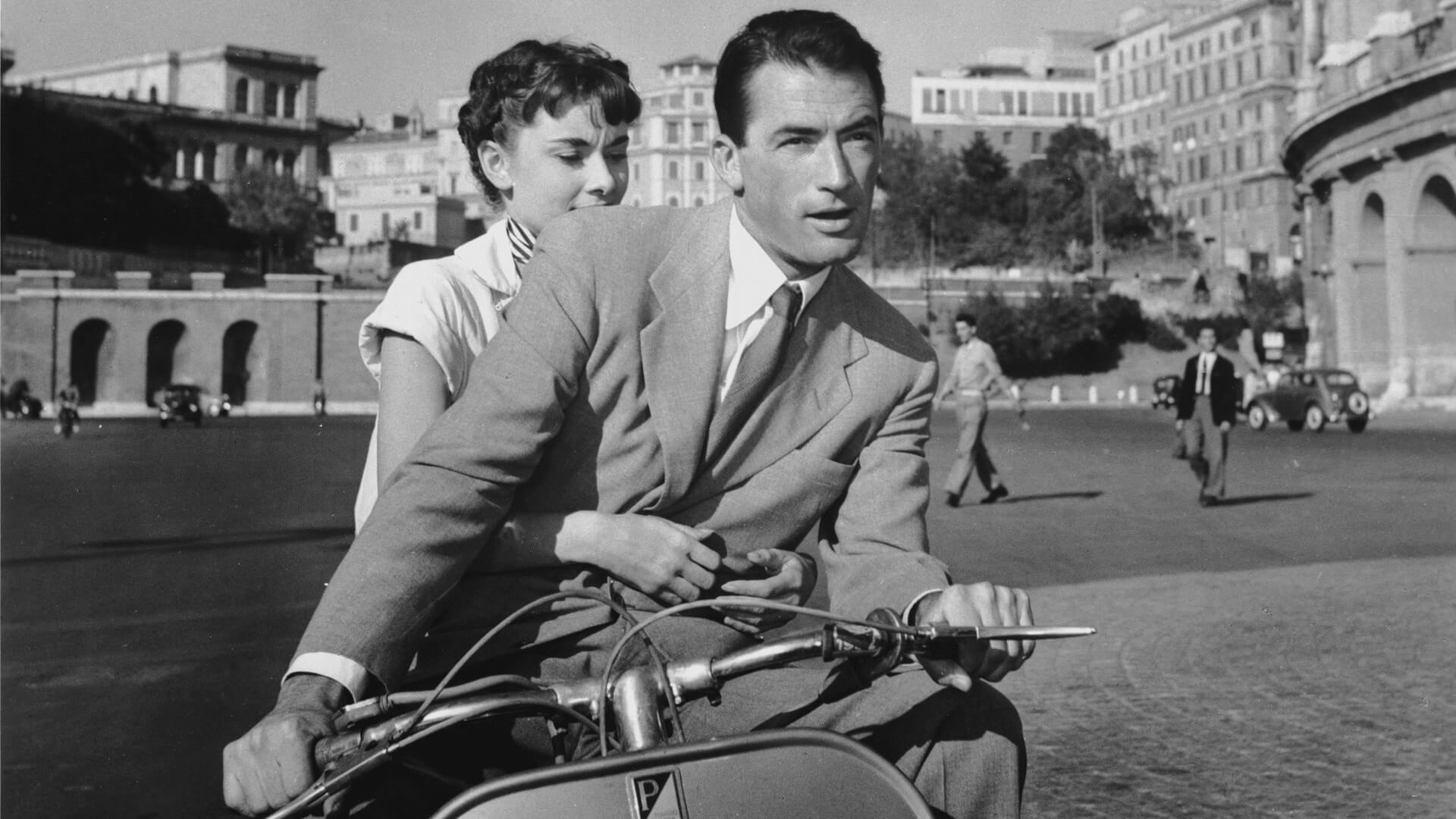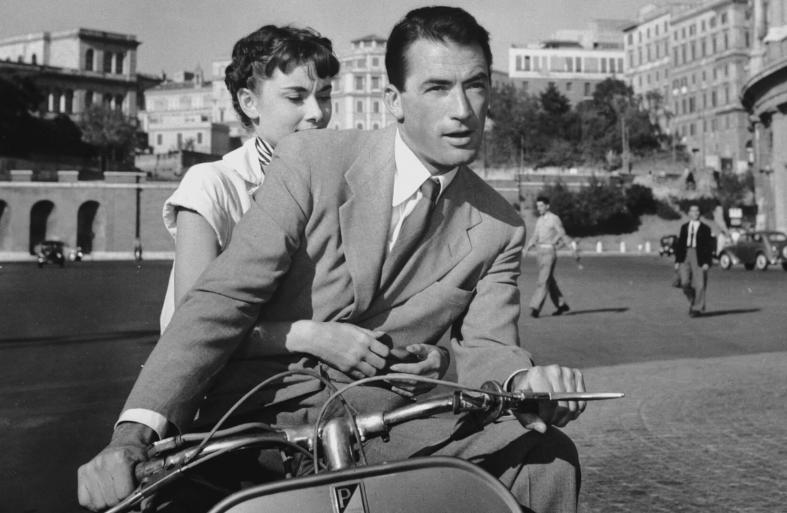When William Wyler died in 1981, after an incredible film career, his friend Charleston Heston repeated the eulogy that Wyler himself had given for Lubitsch, four decades earlier: "No more Wyler, and worse, no more Wyler movies." This month's tribute tries to offer a little of the cinematic talent and uniqueness of William Wyler, who was among the directors that shaped mainstream Hollywood into its golden age.
Wyler was born in 1902 to a Jewish family in Alsace, then under German control. He was a troubled student who changed schools and spent his free time with his mother in the opera, the theater, and the cinema. After his first year of high school, his family sent him to a year of internship in Paris, in preparation for his entry into the family bond business, but he hated every moment of it. In her grief, his mother turned to a distant relative who immigrated to America and founded Universal Studios there. He suggested that Wyler move to America.
This is how his career in Hollywood began, first in a string of lousy roles, but in the young industry, with a lot of desire you could go far and in the mid-1920s Wyler started directing short genre films - cheap works produced by the studios in those years. Wyler proved to be successful and was considered an excellent professional.
The 1930s was a stunning decade in cinema, where the refinement of adding the soundtrack to the picture gave the young art a new and exciting dimension. Wyler was a good fit though. He directed several adaptations of literary works - Dodsworth (based on the novel by Sinclair Lewis), Jezebel (based on a play by Owen Davis) and Wuthering Heights (based on Emily Brontë). But the final product Wyler archived was cinematic and not literary - these are films that rely on the dramatic structure of the original, but tell the story with the help of camera, soundtrack, and acting.
He became known as a strict director and was nicknamed "Wyler 40 takes" (and some say "90 takes"), due to his insistence on extracting a precise performance from his actors. Laurence Olivier, who appeared in Wuthering Heights, said that he complained to him that he took the same shot "standing, sitting, fast, slow, smiling, laughing, scratching his ear, with his back to the camera. Hell, how do you want me to do it now?" Wyler simply replied "better." Betty Davis, who played in three of his films, considered him the director who taught her how to act in movies, and thanks to him she won an Oscar for Jezebel.
In WWII, Wyler volunteered at the Air Force, but beforehand he would direct Mrs. Miniver in Britain. This is an excellent war drama that won an Oscar but has since been. It's worth seeing how Wyler manages to subtly turn the story of one family into a human portrait of an entire country fighting for its freedom. A similar portrait of American society after the war will be directed by Wyler upon his return from the front. The Best Years of Our Lives is a masterpiece that is considered a turning point in Hollywood cinema, which opened the way to dealing with the fracture and pain brought about by the war.
For the next two decades, Wyler will continue to direct in different genres: the romantic comedy in Roman Holiday, which discovered Audrey Hepburn, the historical epic, Ben-Hur, which won the Academy Awards, the musical Funny Girl, which was Barbra Streisand's first film role, as well as crime films and westerns. His cinema was consciously mainstream, and when a different and avant-garde cinema broke out in Europe, Wyler responded in an interview as follows: "Everything the director does should help the story and the performances (the actors). Otherwise, it's pointless. Take a look at Last Year in Marienbad for example. Seriously, what is it? It's just a filmed radio skit. Nobody's playing. People stand around while the author talks about the woodwork. There's nothing clever about this confusion."
Although it is difficult to think of a greater gap between Wyler's warm and emotional cinematography, Robbe-Grillet educational writing, and Alain René's cold direction, there is nevertheless a certain similarity: both René and Wyler give great respect to the camera. Wyler did make a name for himself as a director of actors, but part of their presence was due to the great camerawork. His use of framing, movement, rhythm, and tones is a work of thought, which adds another level of meaning and emotion to his films.
For some critics, Wyler is considered a professional but unremarkable director. This misses his virtues. He was a filmmaker with a hand on the pulse who responded well during four decades of American reality, and described the social transformations that the state went through with sharp dramatic means. The elegant touch, emotional and formal precision have accumulated into a long list of classics and this month's program offers nine films from this formidable selection.









